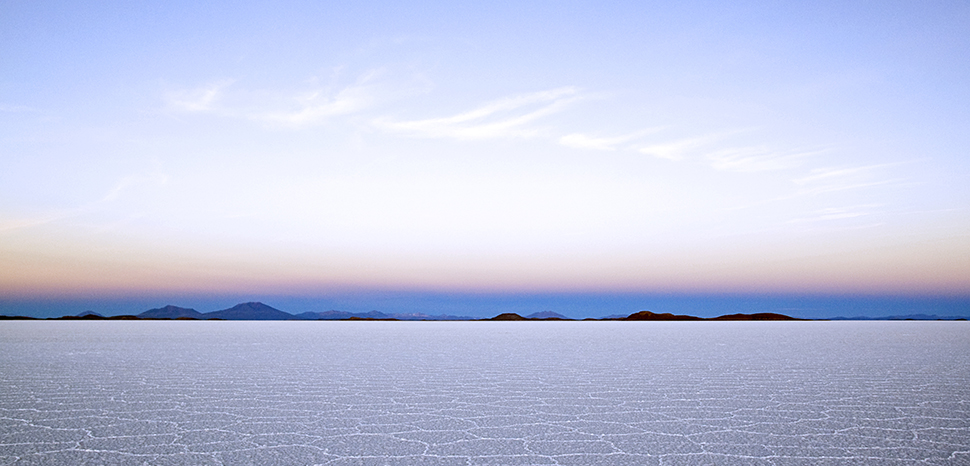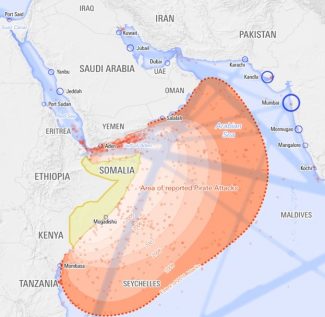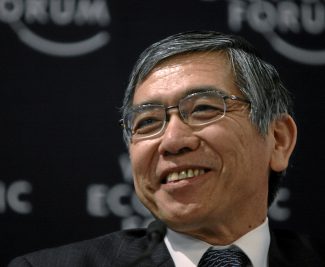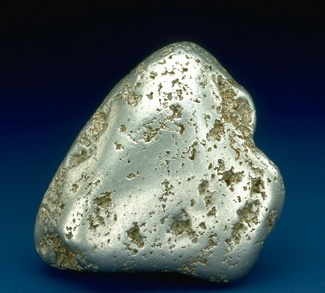China aims to expand its influence in the “Lithium Triangle” as a component of a broader campaign to construct a near-monopoly in the global lithium market. The Lithium Triangle, comprising Argentina, Bolivia, and Chile, accounts for approximately 56% percent of global lithium supply. Beijing’s acquisition of multiple Argentinian, Chilean, and Bolivia lithium mining operations enables China to dominate regional lithium operations. From 2018- 2020, China invested approximately $16 billion on mining projects in the Lithium Triangle and will likely continue to invest in the region.
China’s economic involvement within Argentina’s lithium mining industry allows Beijing to establish a stronger position in the global lithium market which can undermine future U.S mining operations within the region. Argentina harbors 21% of global lithium reserves. On 17 May 2021, China’s Ganfeng Lithium and Argentina’s mining ministry signed a memorandum of understanding, securing Chinese-backed development of a lithium battery manufacturing plant in Jujuy province. On 4 February 2022, Chinese Zijin Mining Group funded construction of a $380 million lithium refinery plant in the Tres Quebradas project. On 11 July 2022, Chinese Ganfeng Lithium secured $964 million for the acquisition of Lithium mining company Argentinian Lithea. On 28 July 2022, China’s Zangge Mining and Argentina’s Miner Ultra commenced investment collaboration, investing $290 million toward the Laguna Verde Project. These developments will expand China’s economic influence in Argentina’s lithium sector.
China’s acquisition of Chilean mining company Sociedad Quimica y Minera de Chile’s (SQM) shares and mining contracts enables Beijing to maintain economic dominance within the Chilean lithium mining industry. Chile harbors 20% share of the global mining production of lithium. On October 4th, 2018, Chile’s antitrust court “Tribunal de la libre Competencia” granted Chinese mining corporation Tanqui a 24% acquisition in SQM. Chile’s SQM manages one of the largest lithium production operations in the world. On 14 January 2022, Chile’s Ministry of Mining granted China’s Build Your Dreams Company a $61 million contract. The acquisition of the mining contract enables China’s exploitation of 80,000 tons of lithium; this latest expansion, representing 1.8% of China’s known lithium reserves, will further embolden Chinese resource dominance in global lithium markets. In 2021, China imported 39% of Chile’s lithium.
Beijing’s economic cooperation within Bolivia’s mining industry expands China’s presence in the state with the world’s largest untapped lithium reserves. Bolivia contains 21 million tons of untapped ‘white gold.’ On 18 September 2016, Bolivia pledged to export 10,000 tons of processed Lithium to China by 2021. On 17 May 2018, Bolivia awarded a Chinese engineering firm $96 million in construction funds for the development of a lithium carbonate plant. On 6 February 2019, Bolivia’s state lithium company Yacimientos de Litio (YLB) commenced joint ventures with China’s Xinjiang TBEA Group. China’s TBEA Group acquired a 49% stake in the YLB for $2.3 billion. The deal secured the development of several lithium extraction and processing plants, located in Bolivia’s Pastos Grandes and Coipasa region. The development of Chinese-Bolivian lithium production plants may produce 146,000 tons of lithium annually. China’s strategic investment solidifies Bolivian economic cooperation and secures a presence within the estimated nine million tons of untapped lithium reserves in the Salar de Uyuni salt flat.
Beijing’s economic dominance within the Lithium Triangle potentially threatens the U.S defense industrial base, affecting lithium supplies for military hardware. From 2016-2019, Argentine and Chilean exports accounted for 90% of the U.S lithium supply. The U.S defense industrial base relies on a steady lithium supply; for example, a majority of U.S military weaponry, navigational, and communication systems utilize lithium ion-batteries. Chinese dominance within lithium markets could enable China to manipulate lithium output to the detriment of the U.S. and further empower Beijing in this crucial market. Chinese companies’ purchase of top lithium mining operations within Argentina, Bolivia, and Chile may deliberately dismantle future U.S economic and trade prospects within the Lithium Triangle. China already controls approximately 76% of global lithium-ion battery manufacturing, and future investments will only further solidify its dominance in global lithium markets.
The views expressed in this article belong to the authors alone and do not necessarily reflect those of Geopoliticalmonitor.com




